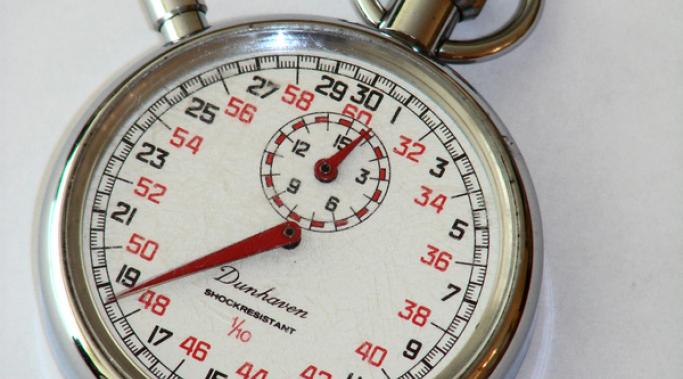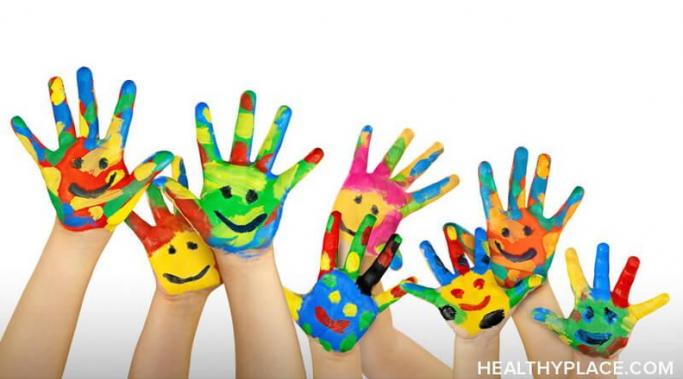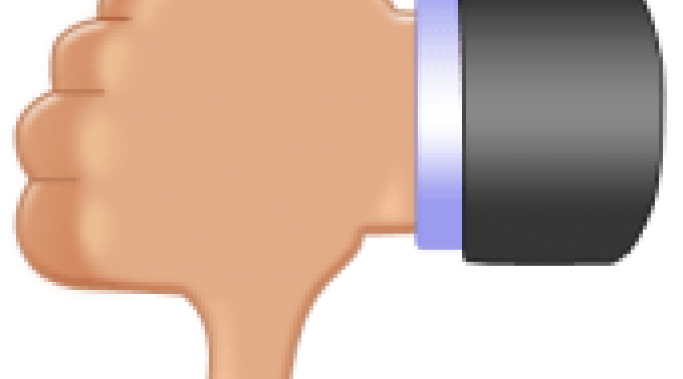I think we've all heard it - people using mental illness terms to describe something other than mental illness. But if you say, "The weather is sure schizophrenic today," is that okay? How about if you say, "Man, that girl sure is bipolar," after your friend gets angry with you. Is that okay?
In this video I look at ways that people using mental illness terms outside of talking about serious health issues and discuss whether this is acceptable or not.
Bipolar Video
Recently I went on a little trip east. In addition to the plane being 2.25 hours late, the thing that got to me was the 3 hour time change.
Mental illness isn't something that only exists in adults, the mental health of kids and teens is crucially important too. Talking to kids about mental illness early is critical.
LSD and Bipolar Disorder
LSD (Lysergic acid diethylamide, colloquially known as "acid") is an hallucinogenic drug that induces altered states of consciousness. But if you take this illegal drug, does it increase your risk of developing bipolar disorder?
In bipolar disorder comorbid conditions (conditions that occur alongside the bipolar disorder) are more the rule than the exception. In the video I discuss the psychiatric and non-psychiatric conditions that commonly occur alongside bipolar disorder.
Bipolar moods vary in duration by person but typically, an untreated bipolar mood can last months or even years. All a bipolar disorder diagnosis requires is the presence of one manic/hypomanic mood episode and one depressed mood episode. This means that a person could be in a year-long depression and have only experienced one week of mania, a year ago, and still qualify for a bipolar diagnosis.
This is much to the surprise of many as there is a pervasive belief that bipolar disorder is about frequent “mood swings.” However, simply “being moody” is not indicative of bipolar disorder.
In May, the new Diagnostic and Statistical Manual of Mental Disorders (DSM-5) is being released. This is the book that contains all the diagnostic criteria for mental illnesses.
And there has been lots of public debate around this update. Primarily the feedback on the changes has been negative.
I wish someone had asked me before naming a class of drugs “antipsychotics.” I mean, I understand that to psychiatrists it might not be a big deal, but to the medication-taking public out here, let me just say that the stigma around medication is about 10-fold when you say you’re on something called an “antipsychotic.”
Tell someone that you’re on “antipsychotics” sometime and watch them back away slowly. I’m not kidding. It’s like they think an axe is about to magically materialize and you’re about to use it to chop off their head.*
We all have good things happen in our lives. It might be marriage, a child, a new job or a stunning new hair color. All these things are good, but all these things are also changes. Good changes, but changes nonetheless. And as someone once said, “change is bad.”
As I wrote, some people believe that if you don't have a mental illness, you can't understand someone with a mental illness. I'm not sure this is true.



![MP900321102[1]](/sites/default/files/styles/blog_listing/public/uploads/2013/08/MP9003211021.jpg?itok=8gWf99Hi)





![MP900321083[1]](/sites/default/files/styles/blog_listing/public/uploads/2012/06/MP9003210831.jpg?itok=qIqD0HL6)